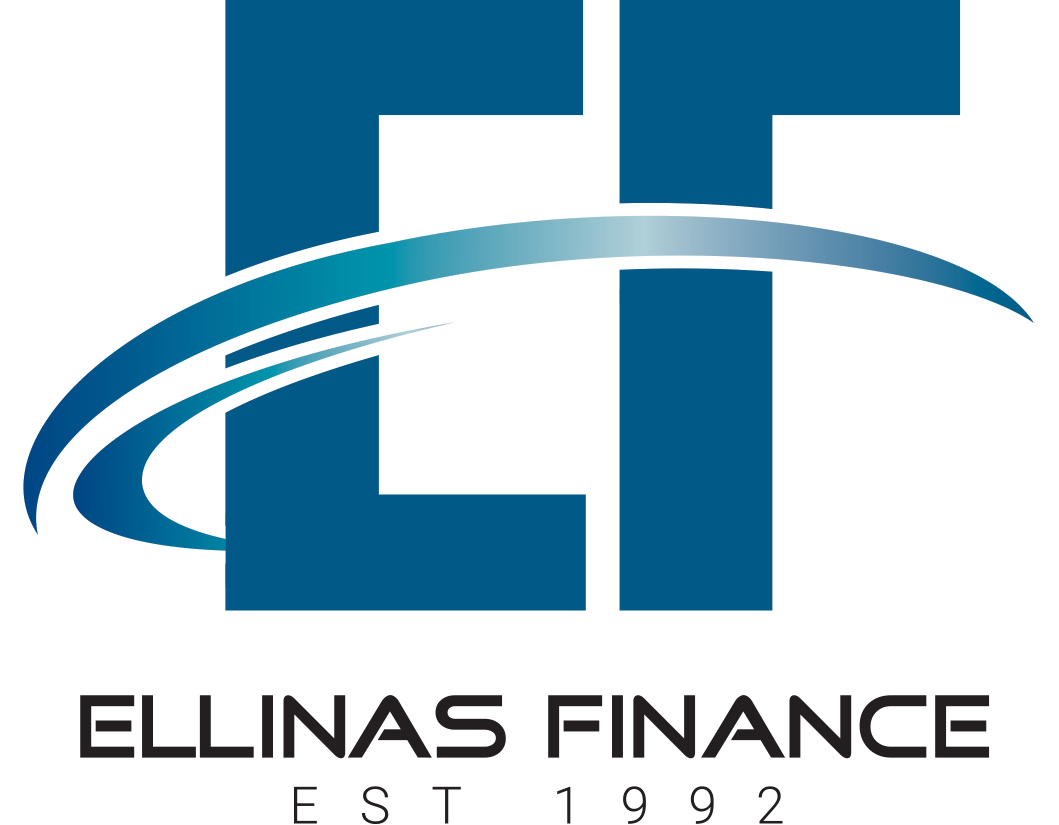
In a move that’s been hailed by Cypriot authorities as a testament to the island’s steady return to growth, Standard & Poor’s has upgraded Cyprus’ sovereign rating by assigning it a BBB- last Friday. The news of Cyprus’ return to investment grade, comes after more than six years of S&P having downgraded the Cypriot rating to junk.
In its announcement, S&P explained the rationale behind its decision in more detail. “The Cypriot economy will continue to grow at a solid pace through 2021, our forecast horizon, enabling the government to alleviate its debt burden. Measures by Cypriot policymakers to markedly reduce the stock of nonperforming assets in the banking system via financial support and legislative changes, have improved the sector’s health and are likely to facilitate further recovery efforts.
Any additional financial state support to the banking sector will only moderately affect the sovereign balance sheet. The ratings are also supported by policymakers’ efforts to consolidate public finances and restore the health of the banking sector. In 2018, the government injected about 15% of GDP into the country’s second-largest bank, the majority state-owned Cyprus Co-operative Bank (CCB), to strengthen its balance sheet and carve out its nonperforming assets into a residual entity.
This will significantly reduce the banking sector’s non-performing exposures (NPEs) to an estimated one-third of total loans from one-half before. We also expect that various other legislative changes will support Cypriot banks’ efforts to further reduce bad assets over the medium term.
We assume additional support to the banking sector via the government’s balance sheet from now through 2021 will be moderate”.
In its announcement, S&P further warns that vulnerabilities still persist from high levels of private sector debt. In spite of recent developments and changes, the banking sector’s stock of NPEs remains large and its ability to attract financing at reasonable costs is likely to remain a thorny issue for a while. Nonetheless, hopes are raised that the underlying recovery will support the sector’s efforts to strengthen.
In its current state, the Cypriot private sector balance sheet is among the most indebted in Europe, at about 240% of GDP (at end-2017; not including special purpose entities). Despite solid economic growth, private sector debt is likely to remain high over the medium term, although tapering slowly via repayments–currently financed by savings, restructuring, ongoing write-offs, and debt-for-asset swaps with banks. S&P also notes that the increasing concentration of the economy in tourism and construction activities presents another potential risk.
Asked to comment on the S&P upgrade, Cypriot Finance Minister Harris Georgiades greeted it as one of the most important economic policy objectives to have been achieved. “The growth perspective is reinforced. Our country is financially shielded. The difficult decisions we were called upon to take are being justified”.

